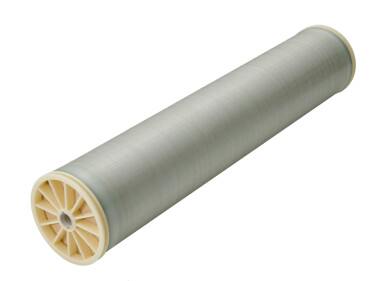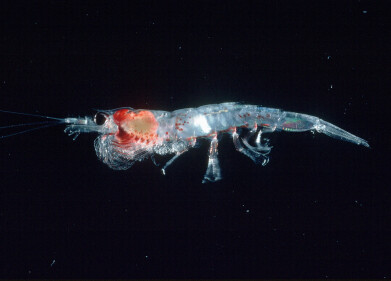Water/Wastewater
Technology Learns from Nature to Provide Legionella Control in Water
Jun 07 2012
Amid rising concerns about energy prices, environmental impact and the safety of water in work and public places, a technology has been developed to tackle all three convergent issues simultaneously. It is inspired by nature’s own water purification method and is set to revolutionise how the water we use in our workplaces, public buildings and leisure spaces is kept free from bacteria such as Legionella – the cause of the potentially fatal Legionnaire’s disease. And all this is achieved without the use of additional chemicals or heat.
Guardian Water Treatment (UK) is now introducing Wallenius Water patented Advanced Oxidation Technology (AOT) across the country. Forward thinking firms who switch to the method which is based on decades of research and successfully implemented in several European and Scandinavian countries, can banish chemicals in drinking and washing water and expect energy cost savings that may also help to meet energy saving obligations and commitments.
The technology itself was developed as a safer, more efficient way of treating ballast seawater aboard ships before it is jettisoned, potentially thousands of miles away from where it was taken on board. In order to not relocate local bacteria, viruses and microbiological impurities that could affect a foreign ecosystem, ships are obliged to use a combination of boiling, filtering and chemicals to ensure that the ballast water they release does not contain unwanted foreign bodies. The solution, Wallenius AOT, utilises the ability of light, together with photocatalytic semiconductor surfaces, to produce free radicals, just like nature does. These reactive radicals break down harmful microorganisms and other pollutants in water. The entire process takes just a few microseconds - to all intents and purposes - it is instant. Proven in this field, further uses for it quickly became apparent, particularly in land based buildings and facilities management, with hospitals and nursing homes that look after elderly or frail people at the top of the list, but also where water is used in manufacture and as an ingredient in food and beverages and the leisure industry, where water is used for shower or swimming facilities.
Steven Booth of Guardian Water Treatment explained: ‘Wallenius AOT is the most widely recognised alternative for ecologically sound, high-tech water purification. Our clients have to battle with the combined pressures of having to save money, be green and remain compliant with legislation. The most reassuring feature of using the Wallenius AOT approach is that, it has been proven to achieve 99.999% Legionella ‘kill rates’ - so it really is a case of using less energy and cost to achieve greater safety and reassurance.’
In evaporative cooling systems, where Wallenius AOT is already used widely in Europe, the removal of the primary biocide means that the environmental impact of the cooling system is reduced. Increased bacterial control, reduced water usage and less handling, transportation and packaging of chemicals are all observable benefits where it is applied to a suitable system.
In hot and cold water systems, Wallenius AOT works like a barrier and can stop bacteria from entering the storage tanks and then keep the water “fresh” when re-circulating. It can also be used on hot water services to reduce operating temperatures but retain the bacterial cleanliness. As the technology adds no harmful by-products to the water, building managers can reduce the constant monitoring and workload involved in handling chemicals, dosing water and dosing equipment management.
Events
Carrefour des Gestions Locales de L'eau
Jan 22 2025 Rennes, France
Jan 29 2025 Tokyo, Japan
Feb 05 2025 Nantes, France
Feb 16 2025 Kampala, Uganda
Feb 26 2025 Chennai, India




-as-feedstock.jpg)





